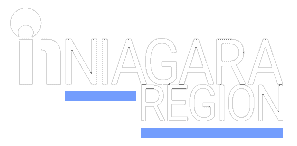Welland warning residents to be wary of city emails after cyber-hack
Published January 11, 2022 at 11:20 am

An early December hack into the Welland computer system has the city warning residents to be careful with correspondence they may receive.
On December 7, the city’s Information Services (IS) department, which handles all technology issues, became aware that there was “unauthorized email access” in their system. Further investigation turned up a “cyber breach.”
The IS department was able to install protections into the system within a week and they report there’s been no outside access to their system since.
However, there were emails stored on that compromised server and since that time, some residents had received fraudulent emails from city hall. The city did not release how many residents were affected beyond “a small percentage.”
“As soon as we found out about this breach, we began working on a solution,” said City CAO Steve Zorbas. “The privacy and integrity of sensitive information is a number-one priority, and we are taking every action to mitigate the risk and enhance the security of our servers.”
“In addition, we are taking the required steps to mitigate this possible privacy breach in accordance with the Municipal Freedom of Information and Protection of Privacy Act and reviewing our processes to ensure these types of breaches do not occur,” added Zorbas.
However, the city took the precaution of bringing in outside cyber security help to further investigate since they still aren’t certain how they were hacked.
That said, they believe the purpose of the cyber-hack was to spread malware (malicious hardware) that could possibly breach home computers.
Welland is telling residents to verify any links they receive from the city and to not share personal information over their computers.
Any residents who believes they may have received a suspicious email from a City of Welland staff account and is uncertain if the information you have sent to the City has been compromised is being asked to contact [email protected] or call directly at 905-735-1700.
INsauga's Editorial Standards and Policies








